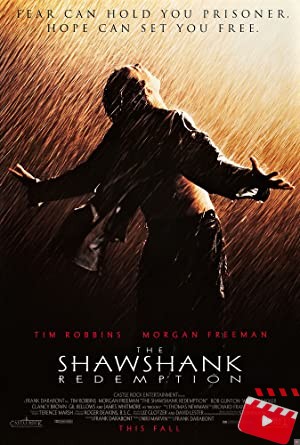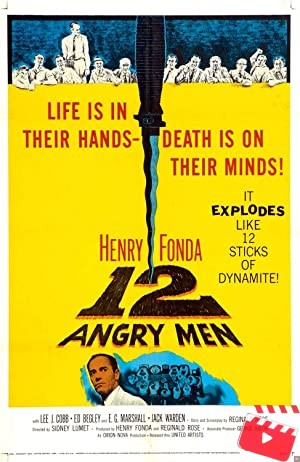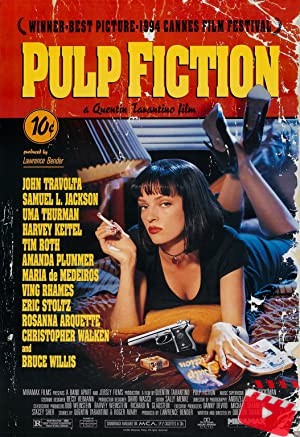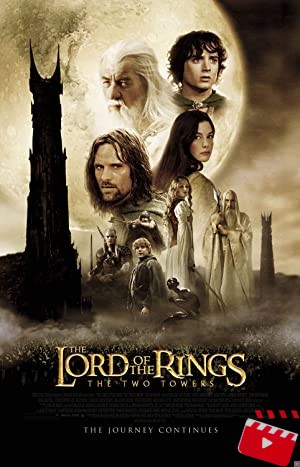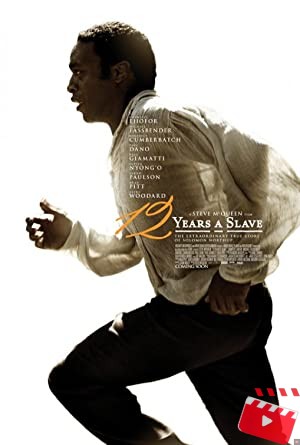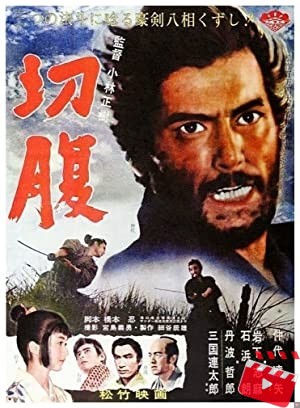
Harakiri, a Japanese film from 1962, is a poignant and powerful masterpiece that tells the story of a samurai who seeks to restore his honor by committing ritual suicide. It is a film that has stood the test of time, captivating audiences with its gripping narrative and stunning visuals.
From the opening scene, I was drawn in by the moody and atmospheric cinematography, which captured the haunting beauty of feudal Japan. The first act of the film takes its time to establish the characters and their motivations, allowing the viewer to become invested in their lives and struggles.
As the story progresses, we witness the harrowing tale of an impoverished ronin who arrives at the castle of Lord Iyi and his retainers, hoping to commit seppuku (ritual suicide) in their courtyard. The ronin’s request is made with the utmost sincerity and grace, leading to a captivating discussion about the samurai code and its role in society.
The tension builds as we learn more about the ronin’s troubled past and the motivations behind his suicide request. The film’s climax is a thrilling and emotional sequence that left me speechless. The final act is a masterclass in filmmaking, with every shot and every word carrying incredible weight and meaning.
In summary, Harakiri is a must-watch for any fan of Japanese cinema or film in general. Its powerful story, spellbinding visuals and captivating performances will stay with you long after the credits roll. I highly recommend this film to anyone who enjoys thought-provoking and emotionally resonant cinema.
Lesson about Harakiri
One lesson we can take from the movie Harakiri 1962 is the harmful effects of blindly following traditions and expectations.
The Best of Harakiri
- 1. Powerful storytelling: The movie Harakiri has a captivating plotline that hooks the audience from the very beginning. The story is expertly crafted, with intricate character development that adds depth to the plot. The movie deals with themes of honor, revenge, and sacrifice, and is told with emotional intensity that keeps the audience on the edge of their seats till the very end.
- 2. Excellent cinematography: Harakiri features stunning visuals and expertly shot scenes that add to the plot’s impact. The movie’s cinematography makes excellent use of contrast, color, and light to create a haunting and surreal atmosphere. Director Masaki Kobayashi also cleverly utilizes camera angles to keep the audience engaged and invested in the story.
- 3. Brilliant performances: The cast of Harakiri delivers exceptional performances that elevate the movie to new heights. The lead actor, Tatsuya Nakadai, delivers an emotional and gripping performance, and the supporting cast is equally impressive. The actors’ skillful portrayal of their characters adds authenticity and depth to the movie’s themes, making it an unforgettable experience for audiences.
Week points of Harakiri
- 1. Slow-paced storyline: Many viewers and critics have noted that the movie Harakiri 1962 has a slow-paced storyline that may not captivate audiences looking for a more action-packed or dynamic film. The movie focuses heavily on dialogue, character development, and the historical context of the story, which may not be engaging for all viewers.
- 2. Lack of diversity in characters: The movie Harakiri 1962 primarily features male characters, with only a handful of female characters appearing in minor roles. This can make the movie feel a bit one-dimensional and limit the range of perspectives and experiences represented in the story.
- 3. Somewhat predictable plot: Some viewers have criticized Harakiri 1962 for having a predictable plot, with little in the way of surprising twists or turns. While the movie does deliver a powerful message about honor, duty, and sacrifice, some viewers may find that the plot feels a bit formulaic or predictable, especially if they are familiar with Japanese samurai movies or similar genres.
Technical details of Harakiri
| Title | Harakiri |
|---|---|
| Year | 1962 |
| Rated | Not Rated |
| Released | 04 Aug 1964 |
| Runtime | 133 min |
| Genre | Action, Drama, Mystery |
| Director | Masaki Kobayashi |
| Writer | Yasuhiko Takiguchi, Shinobu Hashimoto |
| Actors | Tatsuya Nakadai, Akira Ishihama, Shima Iwashita |
| Plot | Peace in 17th-century Japan causes the Shogunate's breakup of warrior clans, throwing thousands of samurai out of work and into poverty. An honorable end to such fate under the samurai code is ritual suicide, or hara-kiri (self-inflicted disembowelment). An elder warrior, Hanshiro Tsugumo (Tatsuya Nakadai) seeks admittance to the house of a feudal lord to commit the act. There, he learns of the fate of his son-in-law, a young samurai who sought work at the house but was instead barbarically forced to commit traditional hara-kiri in an excruciating manner with a dull bamboo blade. In flashbacks the samurai tells the tragic story of his son-in-law, and how he was forced to sell his real sword to support his sick wife and child. Tsugumo thus sets in motion a tense showdown of revenge against the house. |
| Country | Japan |
| Awards | 9 wins & 3 nominations |


